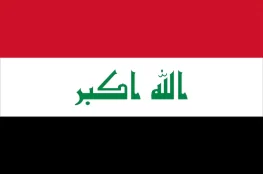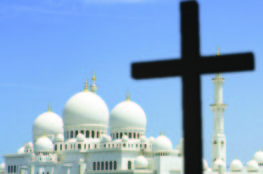The split between Sunni and Shia was early in the life of Islam. The problem began when Abu Bakr was chosen as the successor to Mohammed. Those opposing the choice believed that Ali, the closest male relative of Mohammed, was the proper successor.
The split was compounded when Ali’s son, Hussein, was killed at the Battle of Karbala when he rebelled against the current Sunni Caliph. This event elevated Hussein to the status of martyr, and his martyrdom is commemorated yearly by the Shia.
The central theological difference, then, between Sunni and Shia is that the Shia believe biological inheritance of the authority of Mohammed is the key to belief, faith, and knowledge. The basis for authority is the direct inheritance from Mohammed. This inheritance confers inspired information. Thus, the authoritative imam, identified by inheritance, is the divinely appointed ruler.
On the other hand, the Sunni believe that spiritual authority is conferred by the wise opinion of the general community of Islam.
The source of spiritual authority is the principal difference between Sunni and Shia Islam.
We see this difference reflected in the spiritual ruler of Iran, the Ayatollah Khamenei, and the current ruler of Saudi Arabia, King Salman.
Other differences center around economic issues. In most areas the Sunnis control the economic forces, and thus the Shia are often relegated to lower status.
In most countries, the Sunni constitute the majority.
Still, with these important differences, Shia and Sunni have lived together in relative peace of centuries. Intermarriage is common. In the US Shia and Sunni often worship in the same mosque.
So, then, what is the source of the current troubles between the two groups? Today, the main issue appears to be a desire for power rather than any theological difference. The current battles between Sunni and Shia in Iraq and the ongoing conflict between Saudi Arabia and Iran are prime examples. They don’t argue about religion but rather political control.
Any solution, if there is one, resides in the area of political dialogue.



